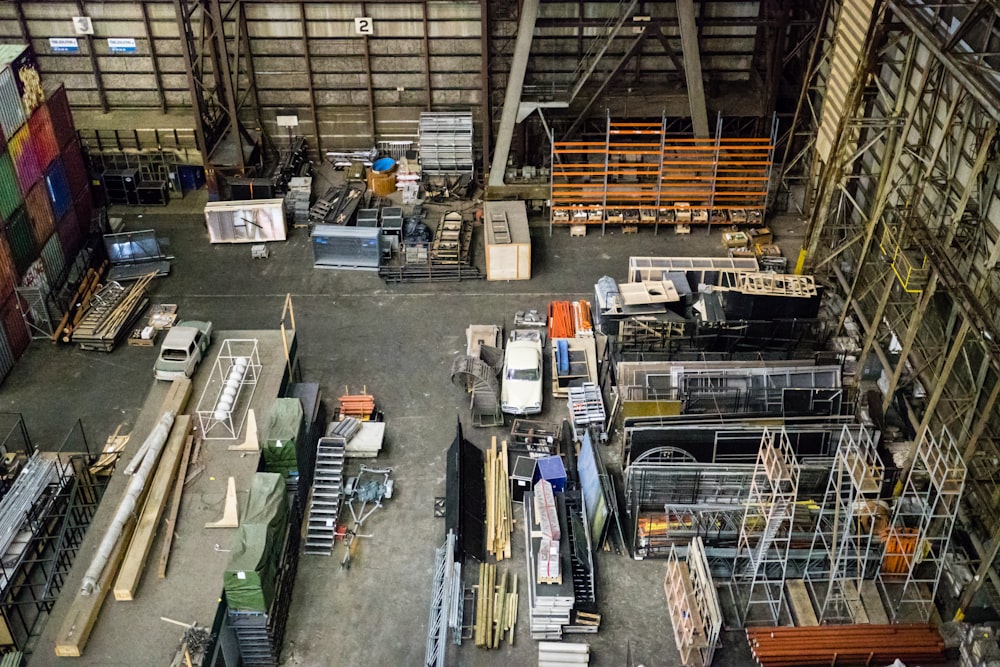
Precision Unveiled Industrial 3D Scanning Wonders
Precision Unveiled: Exploring the Marvels of Industrial 3D Scanning
In the realm of modern manufacturing and design, Industrial 3D scanning stands as a technological marvel, revolutionizing the way we perceive precision and efficiency. This cutting-edge method of capturing detailed three-dimensional data opens doors to a myriad of applications, from quality control in manufacturing to intricate design processes.
The Essence of Industrial 3D Scanning: Capturing Reality in Detail
At its core, Industrial 3D scanning is about capturing the physical world in meticulous detail. This technology employs lasers or structured light to scan objects, creating a digital representation of their exact dimensions and surface characteristics. It’s essentially a digital mirror that reflects reality in three dimensions with astounding accuracy.
Precision in Manufacturing: Redefining Quality Control
One of the primary applications of Industrial 3D scanning lies in manufacturing, where precision is non-negotiable. By scanning components and products, manufacturers can ensure that each item aligns perfectly with the intended design. This level of precision enhances quality control processes, reducing errors and minimizing wastage in production.
Seamless Reverse Engineering: Decoding the Past
Industrial 3D scanning plays a pivotal role in reverse engineering, a process that involves creating a digital model of an existing object or part. This is particularly valuable when dealing with legacy components or obsolete parts where original design documentation might be scarce. The technology allows manufacturers to recreate and improve upon existing designs seamlessly.
Efficiency in Design Iterations: Transforming Product Development
In the realm of product development, Industrial 3D scanning acts as a catalyst for efficiency. Designers can rapidly capture physical prototypes, scan them into the digital realm, and iterate upon the designs with unprecedented speed. This accelerates the product development cycle, allowing for quicker refinements and ultimately reducing time-to-market.
Customization Unleashed: Tailoring Solutions with Precision
The detailed data provided by Industrial 3D scanning facilitates customization in manufacturing. Whether it’s crafting personalized medical implants or tailoring automotive components for specific models, the ability to capture and replicate intricate details empowers industries to deliver bespoke solutions with unparalleled precision.
Artifacts Preserved: Cultural Heritage in 3D
Beyond manufacturing, Industrial 3D scanning has found applications in preserving cultural heritage. Priceless artifacts, sculptures, and historical structures can be digitally preserved in three dimensions. This not only aids in conservation efforts but also allows people to explore and study these artifacts in unprecedented ways.
Navigating the Digital Twin Revolution: Creating Digital Replicas
The concept of a digital twin, an exact digital replica of a physical object or system, has gained prominence with the help of Industrial 3D scanning. This technology allows industries to create and maintain digital twins of complex machinery or infrastructure, enabling real-time monitoring, analysis, and predictive maintenance.
Explore Precision at Industrial 3D Scanning
For those eager to delve deeper into the marvels of Industrial 3D scanning, Industrial 3D Scanning offers a gateway to explore solutions and expertise. Whether you’re in manufacturing, design, or cultural preservation, unlocking the potential of Industrial 3D scanning can redefine how you approach precision and detail in your field.
A







